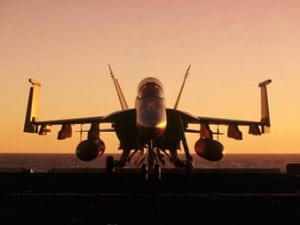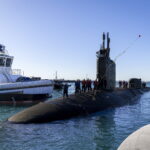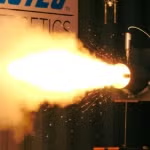
After 23 years of torturous and complex legal battles, a federal court this week agreed to dismiss a contract dispute over the Navy’s terminated A-12 stealth bomber program after the Department of Justice and the two contractors responsible for developing and manufacturing the aircraft joined in seeking dismissal of their long-running legal battle. The Justice Department on Thursday issued a statement saying that Boeing [BA], General Dynamics [GD] and the United States formally asked the U.S. Court of Federal Claims…

 By
By 










